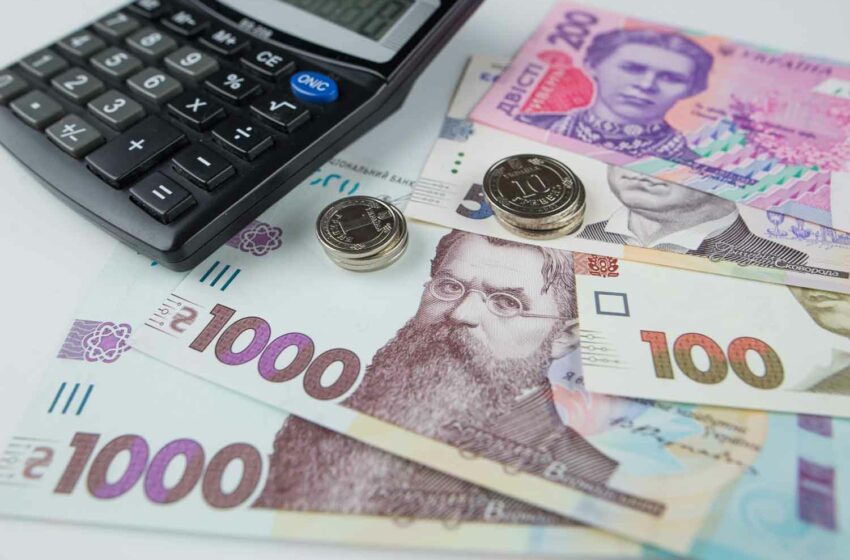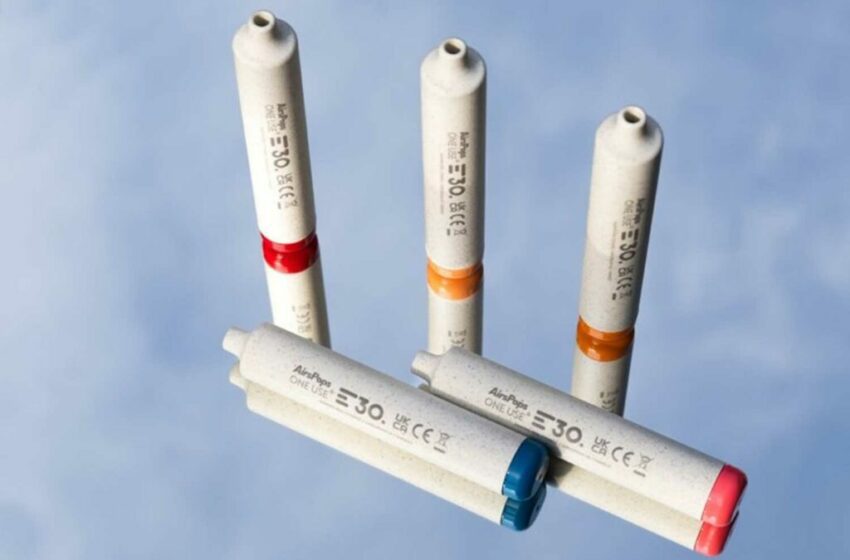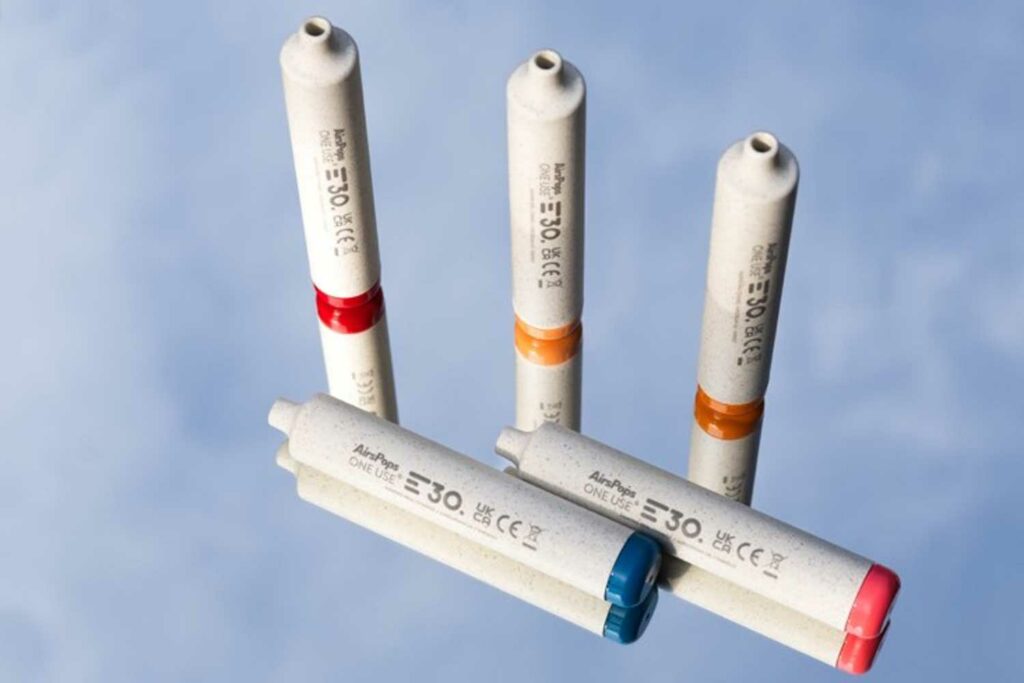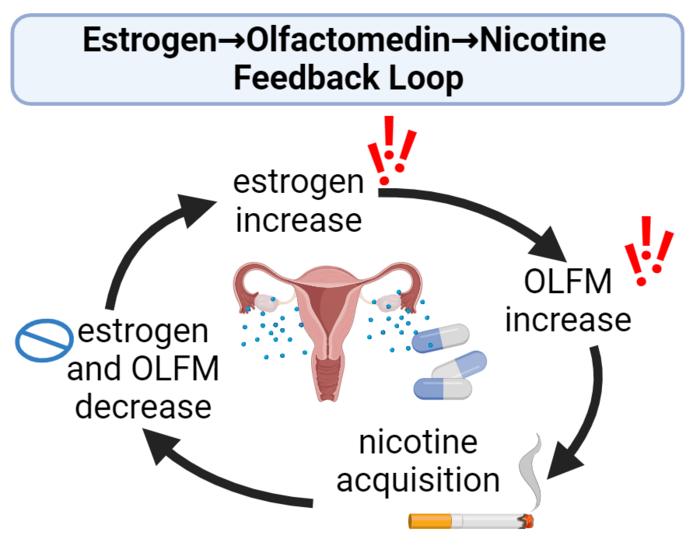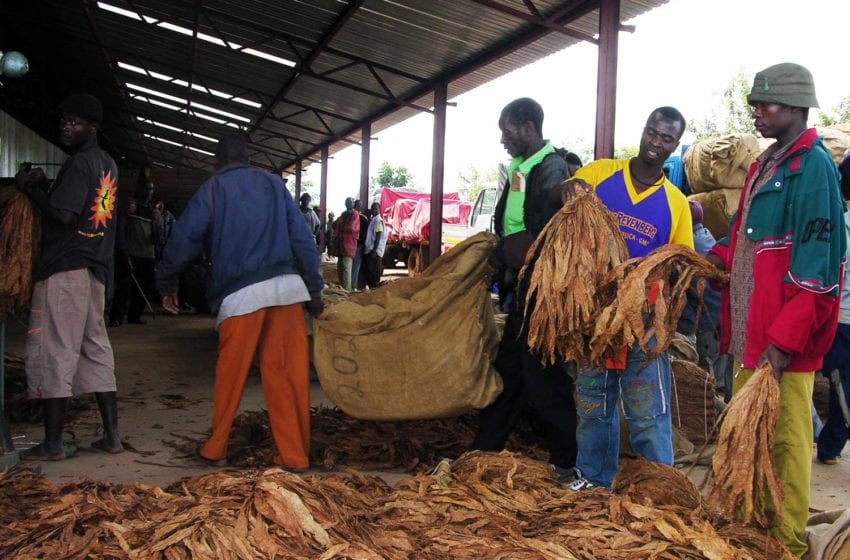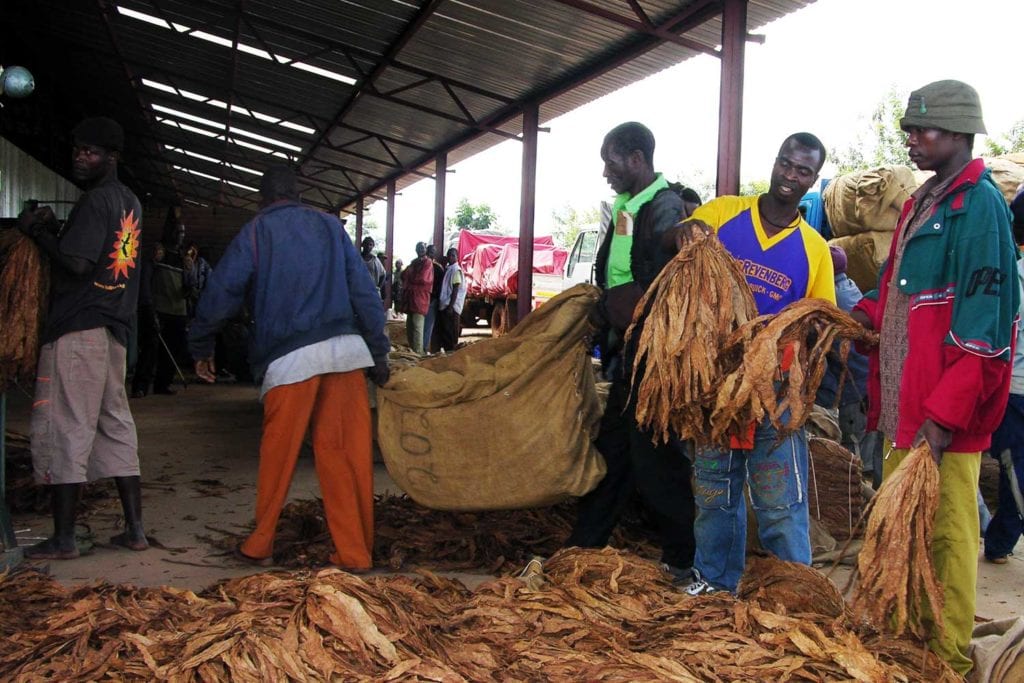Philip Morris International has appointed Christos Harpantidis to the position of senior vice president of external affairs effective May 1, 2024. In his new role, Harpantidis will report to the company’s CEO, Jacek Olczak.
“Christos is an experienced business leader with a proven track record of engaging society on the benefits of tobacco harm reduction and risk-proportionate regulation for smoke-free products,” said Olczak in a statement. “He has been instrumental in building our smoke-free business in Greece and the Southeast Europe area as we evolve away from cigarettes. I’m looking forward to working with Christos and excited to see what opportunities we can unlock as he takes the helm of our external affairs function globally.”
Since joining PMI in 2003, Harpantidis has held several positions, including setting the commercialization strategy for smoke-free products in Lausanne, Switzerland, and serving as chairman and managing director of Papastratos in Greece. Most recently, he served as area vice president of Southeast Europe. Throughout his career at PMI, he has contributed to growing the company’s smoke-free consumer base, expanding its brand portfolio and advocating for regulations consistent with PMI’s smoke-free ambitions. Prior to joining the company, he worked at Coca-Cola Hellenic. Harpantidis holds a degree in physics from the Aristotle University of Thessaloniki, Greece, as well as master’s degrees in economics and business administration from Kent University in the United Kingdom.
“Leading our dynamic external affairs function globally is an enormous honor,” said Harpantidis. “I look forward to building on the remarkable progress already achieved by the team, which is resulting in science-based tobacco harm reduction policies being endorsed by more countries.”
This appointment follows the decision of Gregoire Verdeaux to leave PMI at the end of April to pursue other professional opportunities. During his tenure, Verdeaux expanded the company’s global tobacco harm reduction strategy and, with the team, built compelling policy positions and advocated for regulations consistent with PMI’s smoke-free ambitions.
“Thanks, in large part, to Gregoire’s efforts, tobacco harm reduction policies are now endorsed by a growing number of countries,” said Olczak. “Under Christos’ leadership, I believe that the external affairs function will ensure that this positive momentum is maintained and further amplified.”





